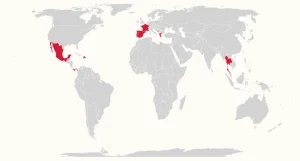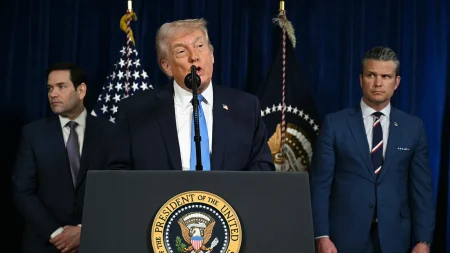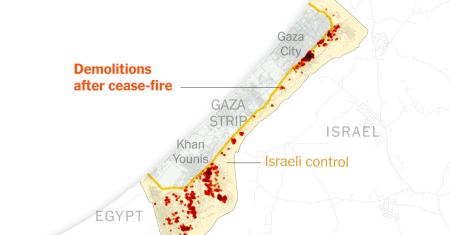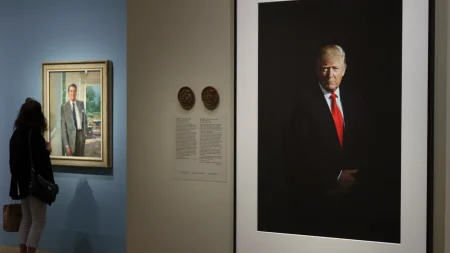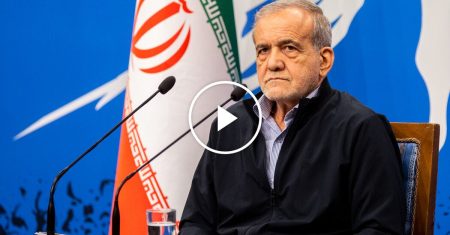Dr. Mustafa Ibrahim: From Foreign Minister to Peace Architect in Sudan’s Political Landscape
The Diplomat Who Shaped a Nation’s Diplomatic Corps Before Challenging Its Power Structure
In the complex tapestry of Sudan’s political history, few figures have navigated its turbulent waters with the strategic acumen and principled determination of Dr. Mustafa Ibrahim. Once the nation’s chief diplomat representing Sudan on the world stage, Ibrahim’s journey from establishment figure to opposition leader and later peace negotiator illustrates the complicated path of political transformation in this East African nation. His story reflects the broader struggles of a country that has weathered multiple governments, civil conflicts, and ongoing attempts at democratic transition since gaining independence.
Ibrahim’s career began in Sudan’s diplomatic service during a period when the country was establishing its foreign policy identity in the post-colonial era. Rising through the ranks with remarkable speed, colleagues noted his exceptional grasp of international relations and unique ability to build consensus across cultural divides. “He possessed that rare combination of intellectual depth and practical negotiation skills,” remarks Dr. Ahmed Khalil, a political analyst who followed Ibrahim’s career closely. “Even in those early years, you could see he was approaching diplomacy not just as a career but as a genuine calling.” After holding several critical ambassadorial positions in both Western and Arab nations, Ibrahim’s appointment as Foreign Minister came at a pivotal moment when Sudan was attempting to rebuild international relationships after years of isolation. During his tenure, he successfully negotiated several trade agreements that boosted the struggling economy and initiated dialogue with countries that had previously severed ties with Khartoum.
Breaking with the Establishment: Creating a New Political Vision
Ibrahim’s transformation from government minister to opposition figure marks one of the most significant political pivots in contemporary Sudanese history. His decision to resign from the cabinet came after growing internal disagreements over democratic reforms and human rights concerns – issues he had increasingly advocated for behind closed doors before making his public break. “I can no longer represent policies I fundamentally disagree with,” Ibrahim stated in his resignation letter that later became widely circulated among reform advocates. Within months of leaving office, he announced the formation of the Democratic Reform Movement (DRM), a party built on principles of inclusive governance, constitutional reform, and economic development. The party’s founding convention drew thousands of supporters from across the country’s diverse regions and ethnic groups, signaling that Ibrahim had tapped into a widespread desire for political change. “He didn’t just create another opposition party,” notes political historian Dr. Samia Ahmed. “He created a platform that articulated the aspirations of a new generation of Sudanese citizens who wanted their country to move beyond the cycles of authoritarianism and conflict that had defined previous decades.”
The DRM quickly distinguished itself from other opposition groups through its practical policy proposals and grassroots organization. Ibrahim invested in building party infrastructure in areas typically neglected by the political establishment, particularly in rural communities and among young voters. His approach to opposition politics avoided the inflammatory rhetoric that characterized some opposition movements, instead focusing on detailed policy alternatives and a vision for gradual but meaningful democratic transformation. “We are not interested in simply criticizing the government,” Ibrahim told supporters at a rally in Port Sudan. “We are interested in showing there is a better way to govern – one that serves all Sudanese citizens, not just a privileged few.” This measured approach earned Ibrahim respect even among political adversaries and positioned him as a credible alternative to the status quo. When nationwide protests erupted over economic conditions two years after the DRM’s formation, Ibrahim’s party was able to channel public frustration into organized calls for specific reforms rather than general unrest.
From Opposition to Negotiation: Building Bridges Across Sudan’s Divide
Perhaps the most remarkable chapter in Ibrahim’s political journey began when the government, facing mounting pressure from both domestic opposition and international sanctions, invited him to join a national unity administration as special envoy for peace negotiations. This appointment placed the former opposition leader in the delicate position of working within a government he had previously criticized while maintaining credibility with both the administration and rebel groups in Sudan’s northern regions. “It was a nearly impossible balancing act,” explains conflict resolution expert Dr. Leila Mahmoud. “He had to represent a government that still included many of the figures he had opposed, yet also earn the trust of rebel leaders who had legitimate grievances against that same government.” Ibrahim approached this challenge with characteristic thoroughness, spending months consulting with communities affected by the conflict before formal negotiations began. His team conducted dozens of listening sessions in displacement camps, village councils, and urban neighborhoods to ensure that the eventual peace framework would address root causes rather than simply end hostilities temporarily.
The negotiation process Ibrahim led became notable for its inclusivity and attention to detail. Unlike previous peace efforts that focused narrowly on power-sharing arrangements between elites, the talks incorporated civil society representatives, women’s groups, and youth organizations alongside military and political leaders. “He fundamentally reimagined what peace negotiations could look like in the Sudanese context,” notes international mediator Thomas Williams, who observed parts of the process. “Ibrahim insisted that sustainable peace required addressing economic marginalization, resource distribution, and cultural rights – not just security arrangements.” Throughout the negotiations, Ibrahim maintained a grueling schedule, often working 18-hour days and personally intervening when talks stalled. His unflagging commitment eventually produced the Comprehensive Northern Peace Accord, which not only ended active hostilities but established new governance structures for disputed regions and created mechanisms for addressing historical injustices. The agreement, while not perfect, has proved more durable than previous peace deals and created space for civil society development in formerly conflict-ridden areas.
Legacy of Pragmatic Idealism in a Region Searching for Stability
Ibrahim’s unique political trajectory offers important insights into governance and peacebuilding in transitional contexts. His career demonstrates that principled opposition and practical cooperation are not mutually exclusive approaches to political change. By maintaining consistent values while adapting his tactics to changing circumstances, he exemplified what political scientist Dr. Robert Carlson terms “pragmatic idealism” – the ability to work toward ambitious long-term goals through realistic incremental steps. “What makes Ibrahim’s approach significant is his recognition that democratic transformation is a process, not an event,” Carlson observes. “He understood that building lasting democratic institutions requires both persistent pressure for change and willingness to engage with existing power structures when opportunities arise.” This philosophy has inspired a generation of younger Sudanese political figures who seek to move beyond the often unproductive polarization that has characterized much of the country’s political history.
The impacts of Ibrahim’s work extend beyond the specific policies he implemented or agreements he negotiated. His greatest contribution may be demonstrating a model of political leadership based on substantive policy expertise rather than personal charisma or patronage networks. In a region where politics has often revolved around individual personalities rather than institutional processes, Ibrahim consistently emphasized building systems that could outlast any single leader, including himself. “He often told us that the measure of our success would not be how much power we accumulated, but how much we managed to distribute,” recalls Amina Osman, who worked with Ibrahim in both the DRM and later peace negotiations. “He wanted to create a political culture where citizens expected and demanded good governance as a right, not as a favor bestowed by rulers.” As Sudan continues navigating its complex transition, Ibrahim’s legacy offers valuable lessons about building bridges across political divides while maintaining core principles – an approach increasingly relevant not just in Sudan but in many societies struggling with polarization and conflict. For those working toward sustainable peace and democratic governance, Mustafa Ibrahim’s journey from foreign minister to opposition leader to peace architect provides both inspiration and practical guidance on the difficult but essential work of national reconciliation.
